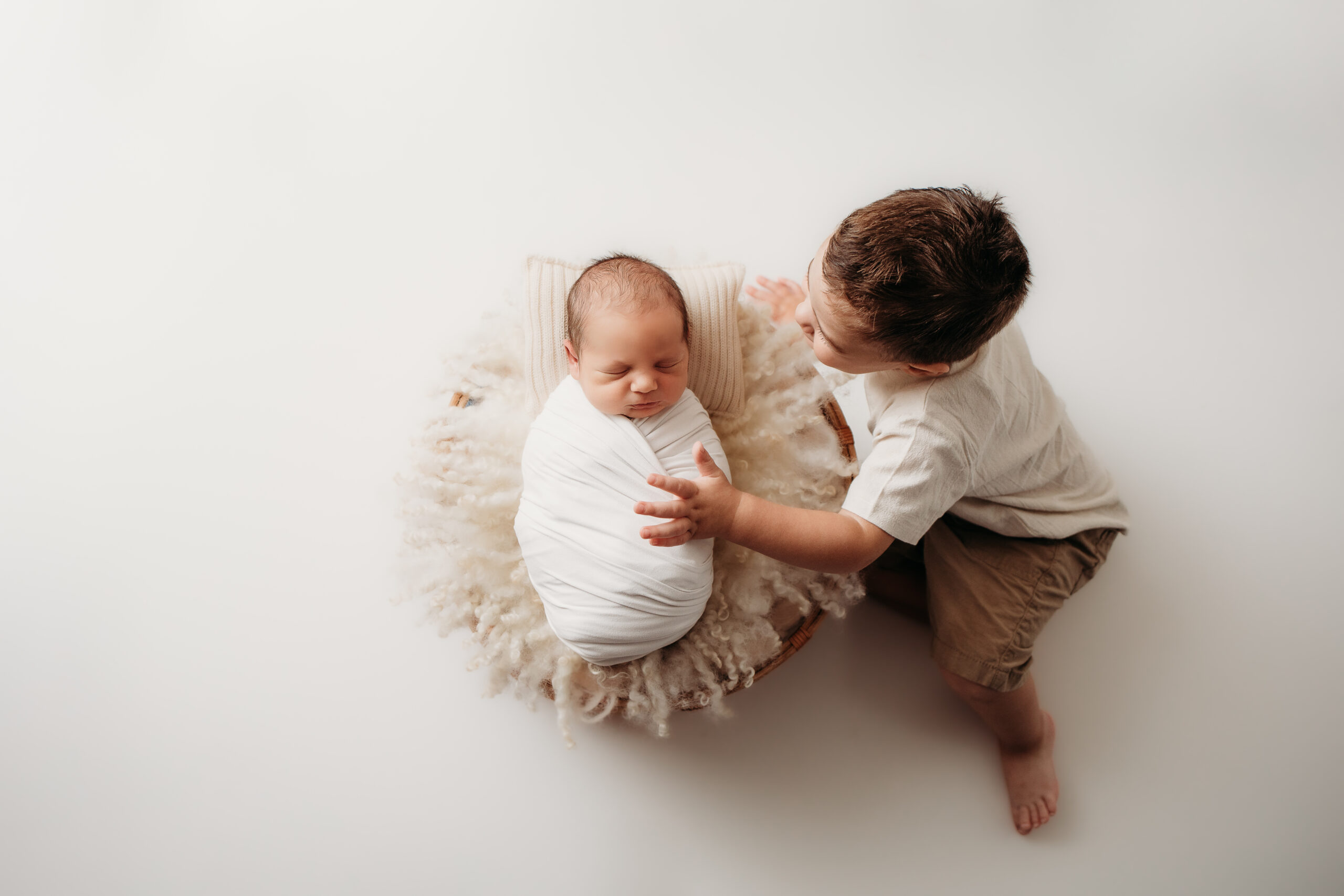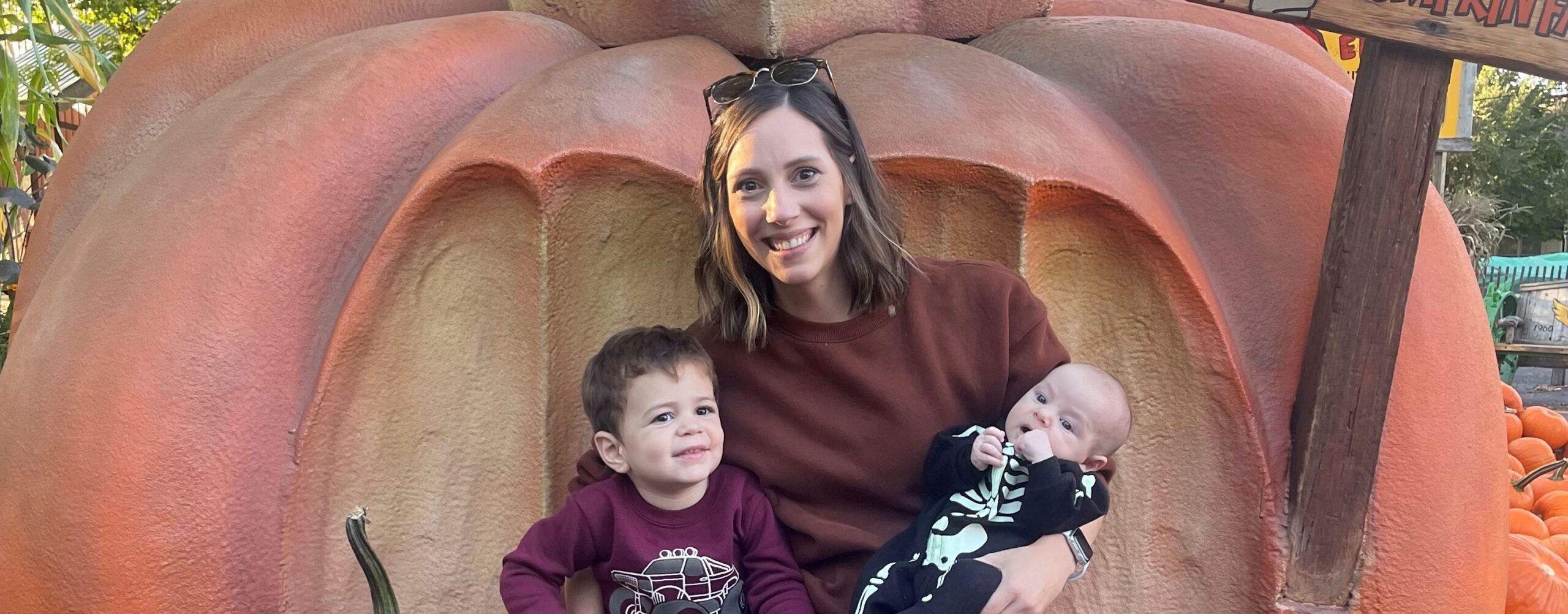“My family is so screwed up.” How many times have you heard someone say that? While all of our families are unique, there’s a typical family dynamic that I think we can all agree on: adults are the ones in charge, and they take care of the kids emotionally, physically and financially. Through this process, kids will have time to emotionally develop, and be ready to approach adulthood in a healthy, sufficient manner when the time is right. However, when this dynamic reverses, it turns into our parents feeling more like friends, or worse, people you need to take care of- and that’s when it becomes a problem.
Formally known as parentification, this phenomenon can grow into a form of emotional abuse and neglect in which a child becomes the parent or caregiver to their own parents or siblings. Not only will these kids tend to be the caregivers in their relationships with their parents, they’ll probably adopt their parents’ responsibilities as well- like household chores, taking care of other children in the household, etc. Why does this happen? Circumstances leading to a parentified dynamic all have one thing in common; a child starts behaving this way, simply, because others aren’t.
Many parents are well-intentioned in sharing personal issues with their children. They may want to grow closer with them, teach them the harsh realities of life, or give them opportunities to exercise their own judgement with you. However, this can actually be harmful to their overall emotional well-being. A child lacks the reasoning skills and emotional intelligence necessary to navigate an adult’s issues, and even more simply, to feel responsible to hold them. Whether they’re depending on their children to shoulder the burden of financial difficulties, marital distress, addiction, trouble with other kids in the household, personal insecurities or just feeling out of sorts, this can create a major burden for children to bear. While sharing difficult experiences with your kids every now and then is okay, regularly using your child as your confidant can be dangerous. If parents are depending on their children to be emotional supports for them, they are hindering:
- the emotional validation necessary for a child to develop securely with healthy coping skills,
- the ability to learn to self-soothe,
- the ability to put their needs first verbally or behaviorally over others,
- and the space to gain emotional intelligence.
The burden of confusion and responsibility that comes with a parentified lifestyle at such a crucial time of development leads them to distrust their interpersonal world, implicating a rough road ahead in their relationships. As an adult, parentified children will likely act similarly to how they did when they were kids- taking care of others, meeting others more than halfway, neglecting their own needs, etc. When that heightened (and often times, unwarranted) level of caretaking in adulthood isn’t reciprocated, in time, they’ll feel confused, angry, resentful, and may isolate or shut down. At the same time, they’ll often feel uncomfortable with reciprocity, because of how foreign and uncomfortable it is to get their own needs met, leading them to subconsciously seek out dynamics and relationships where others depend on them.
There’s no doubt that this dynamic is disheartening, and feels like it’s beyond our realm of control to change. In reflecting on your relationships with different family members, though, it’s important to remember that these dynamics aren’t normally created on purpose. While relationships shift and change naturally, we don’t have to wait for that- take initiative. It’s never too late to figure out what your needs are, where your boundaries are, and start setting them.



